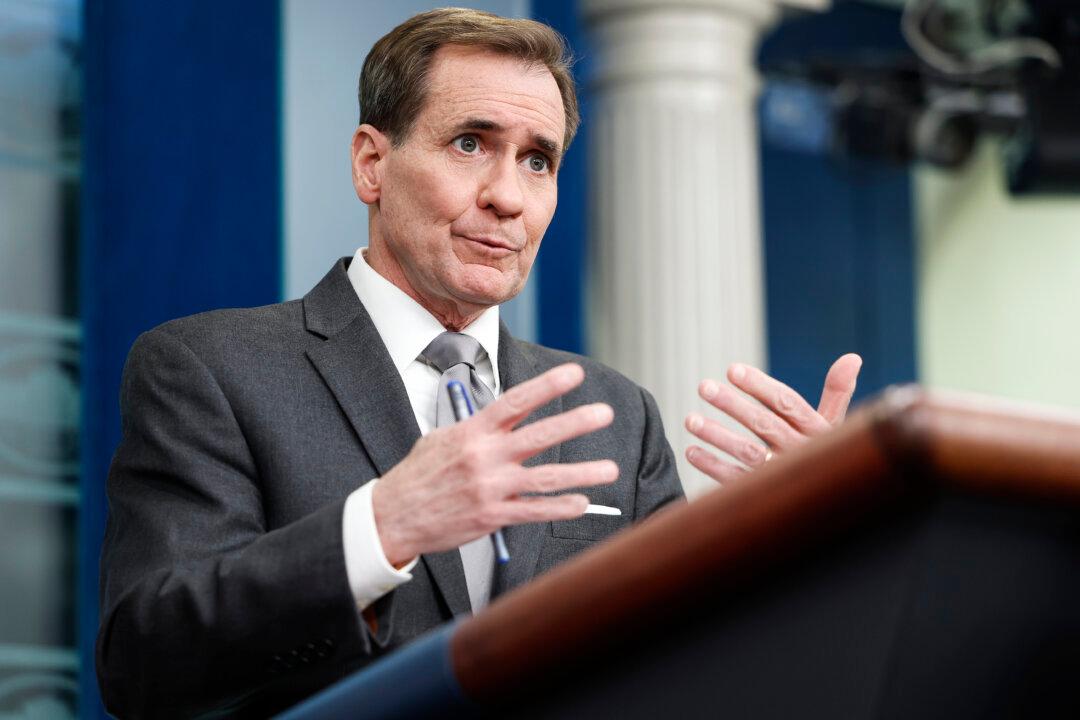Following the leak of sensitive United States intelligence about the Russia–Ukraine war, the White House says it has briefed affected allies and partners at “very high levels.”
The list of allies is likely to include Canada, as the leaked documents—which have not been verified by The Epoch Times—reportedly show that Russian-backed hackers successfully accessed Canada’s natural gas infrastructure.





